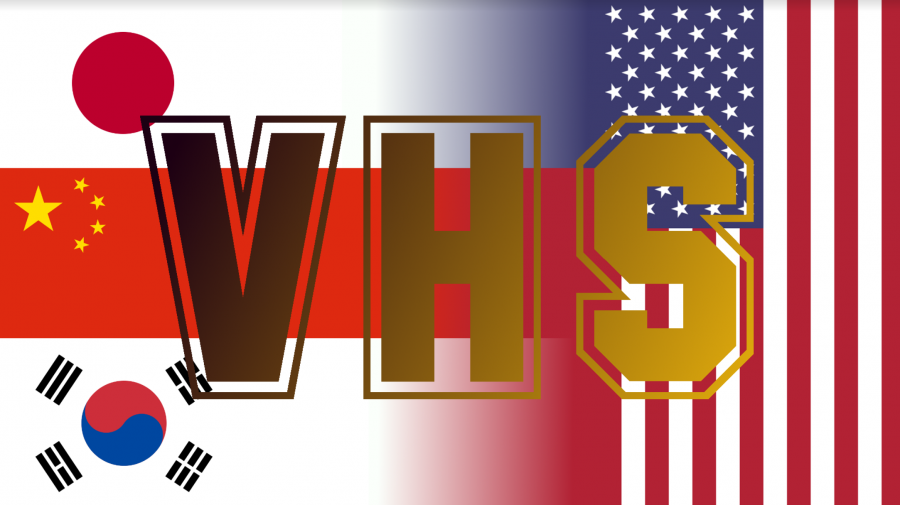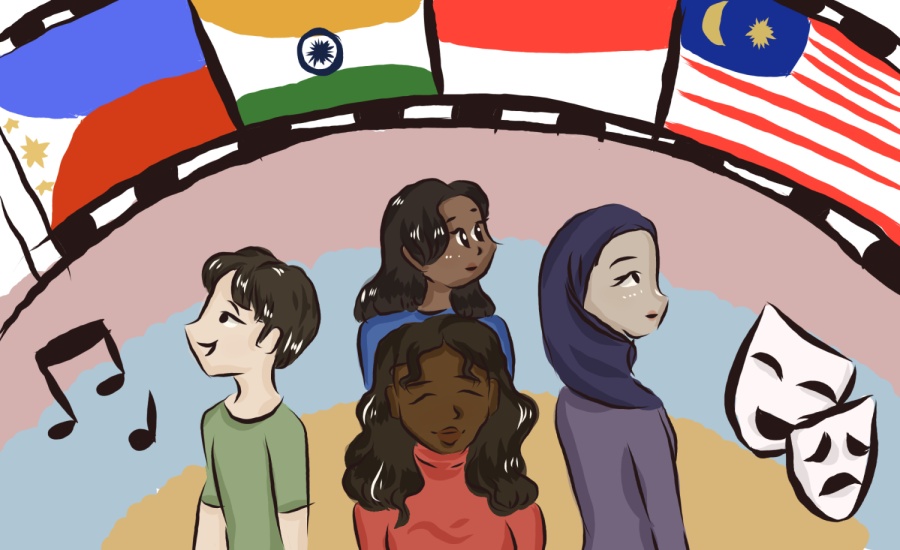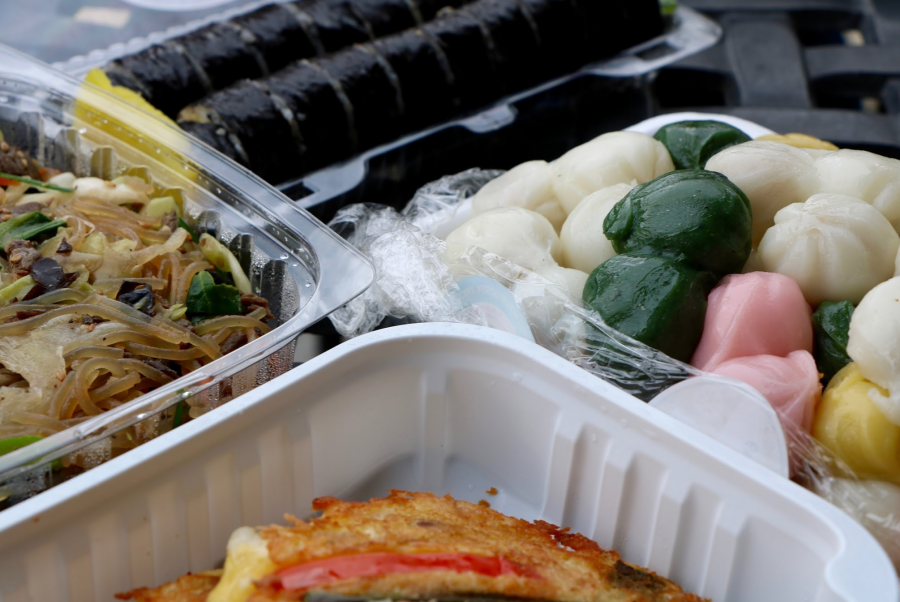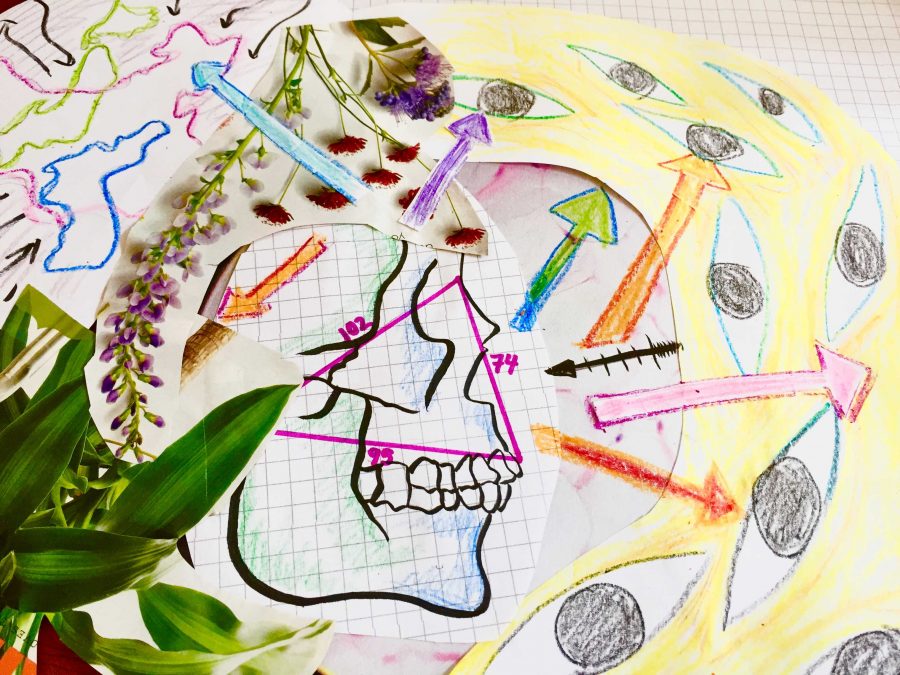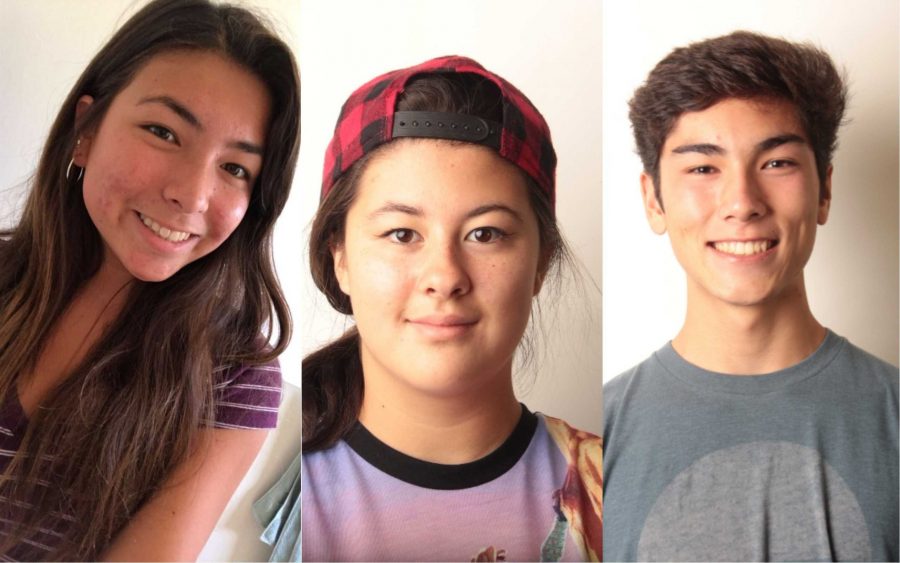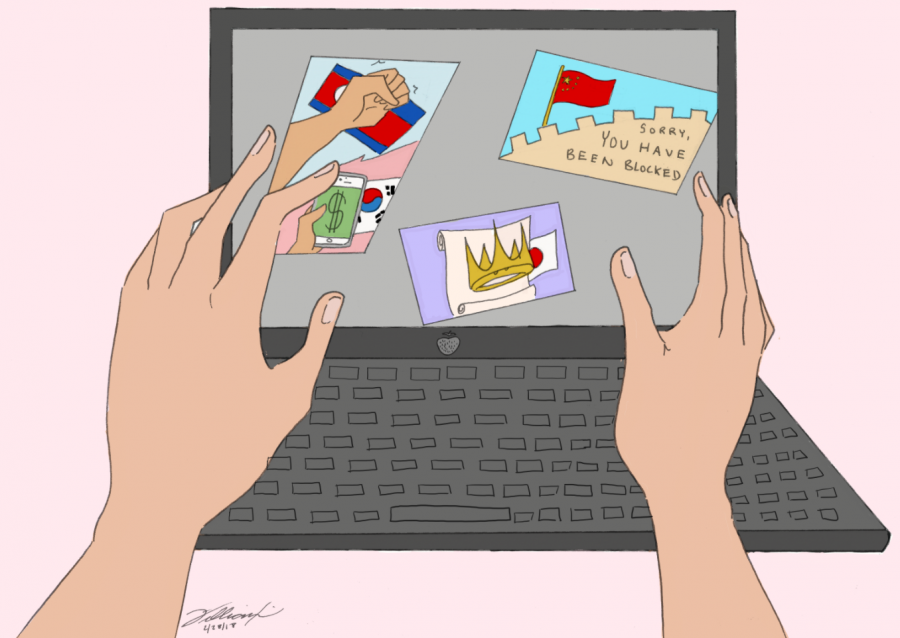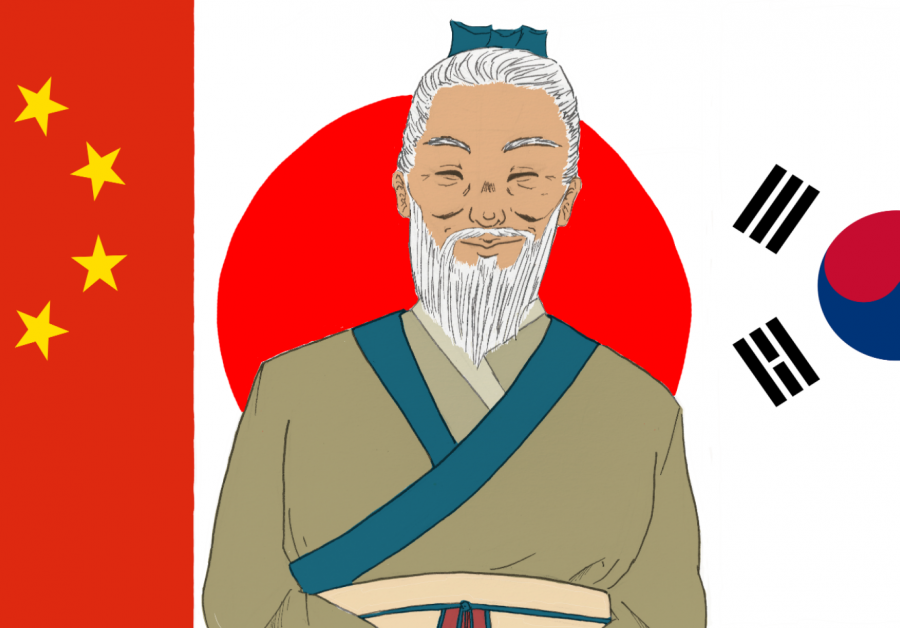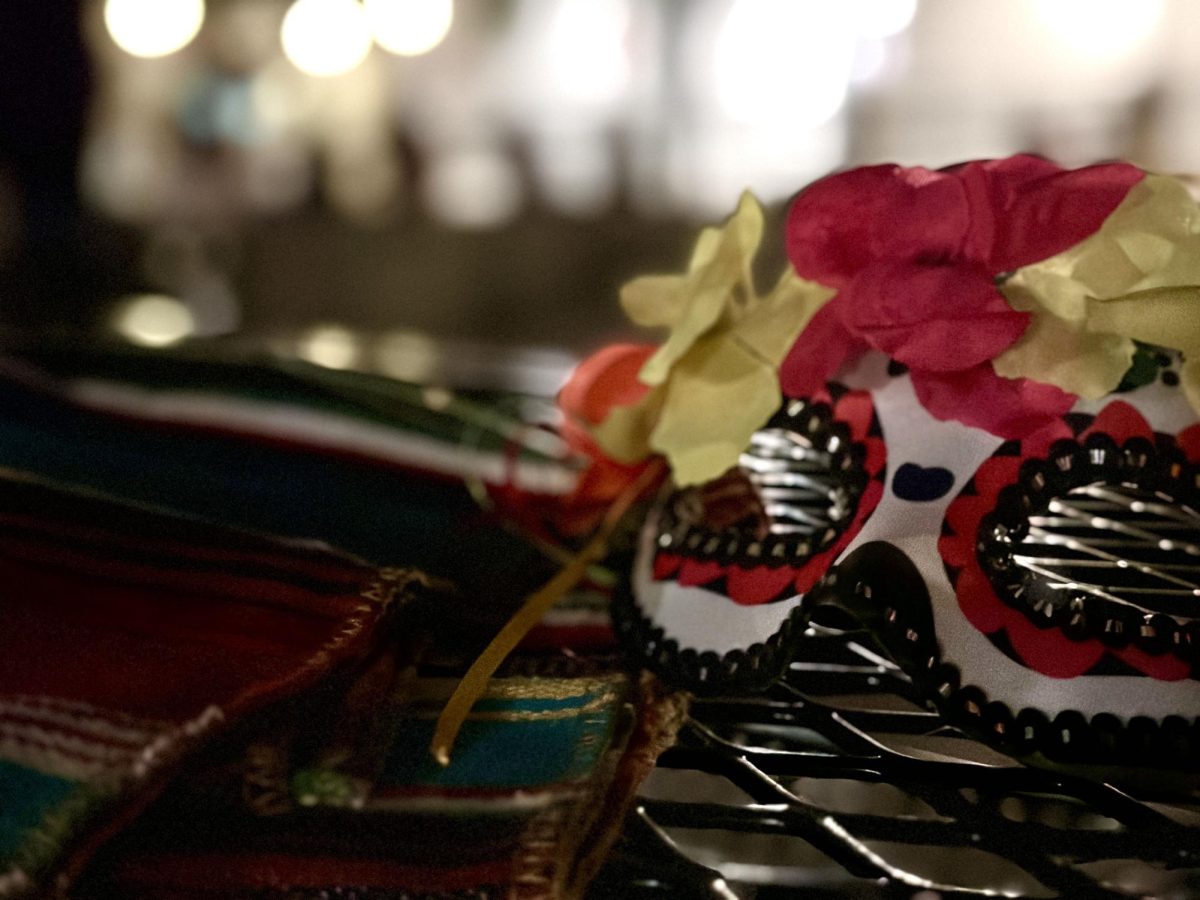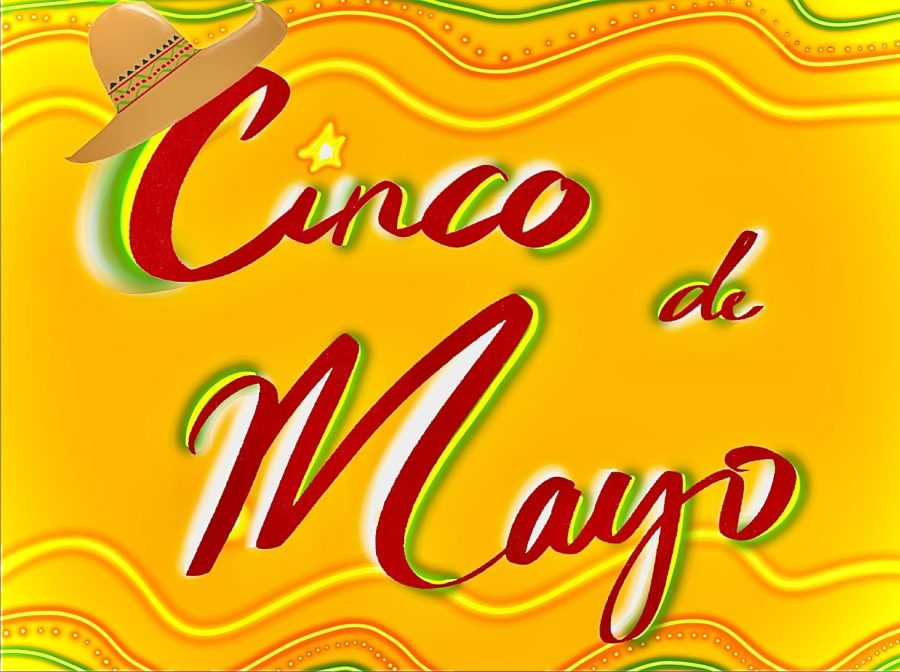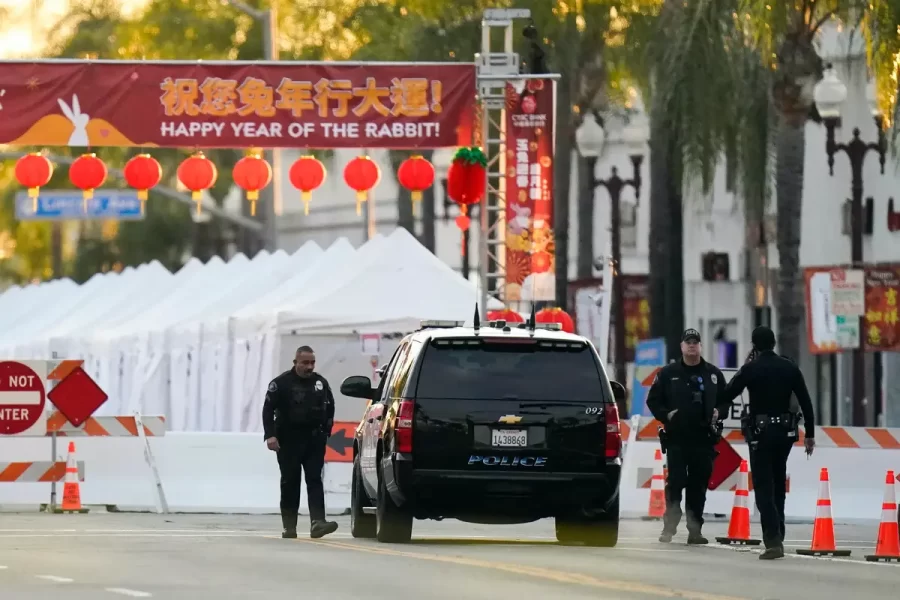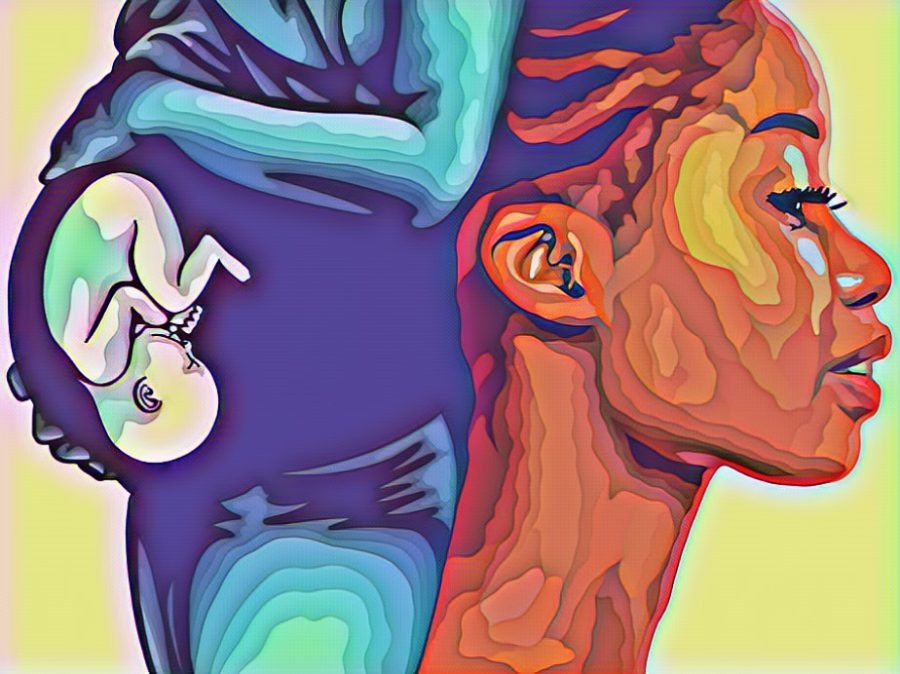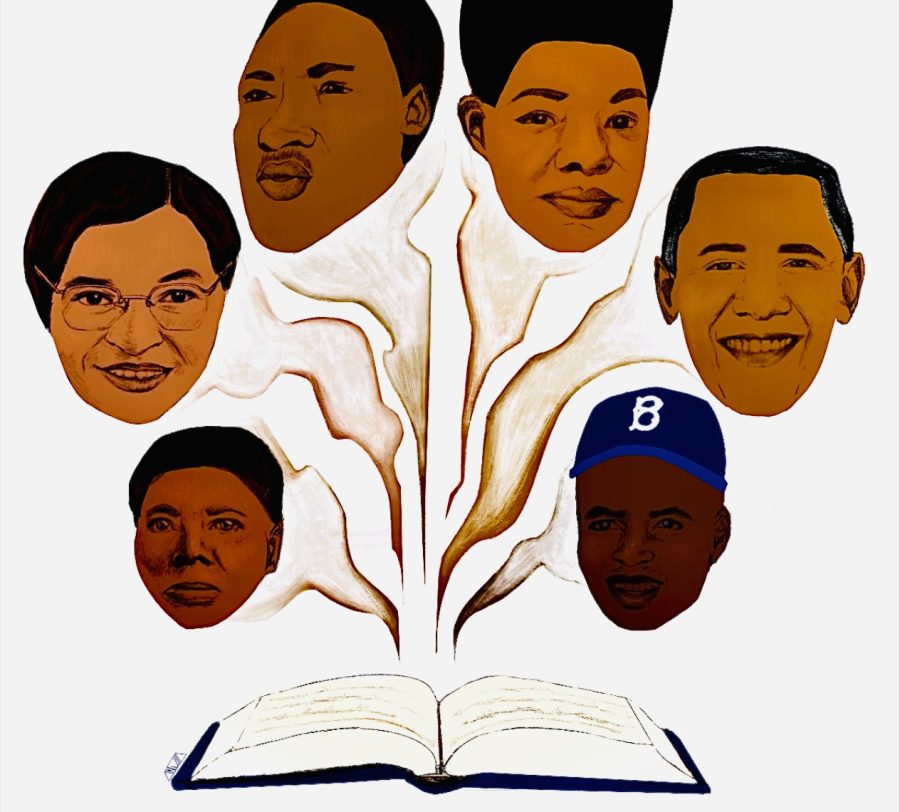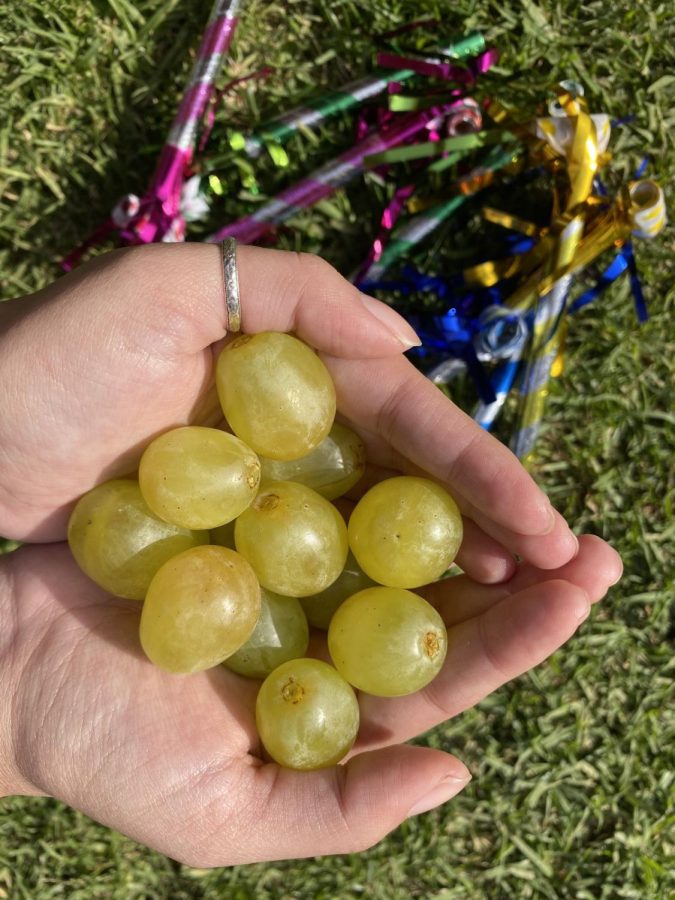At Ventura High School, musicians, athletes, artists and academics all intermingle. While students see this diversity of interests, what they may miss is students’ diversity of heritage.
With Asian American students in particular, a stereotype exists that “all Asians are the same,” regardless of their cultural heritage. For reference, Asia is the world’s largest continent and consists of 48 countries.
“I know a lot of people may think Koreans look like Chinese, Japanese, etc, and group us all together,” said Susanna Kim ’18, “but I cannot imagine being anything other than Korean because my culture is still very different from theirs.”
Kim is a first generation American, and she moved to California from Alabama with her brothers, sophomores Peter and Paul, in 2014. “I speak mostly Korean at home,” Kim commented, “[and] my family celebrates most Korean holidays.”
Kim explained that much of the media and entertainment her family uses is Korean, as are her culinary traditions, eating “at least one Korean meal per day.”
“My family is definitely more Korean than American,” she added, despite living in America since she was 4 years old.
Despite resisting the “all Asians are the same” stereotype, Kim still admits she identifies more with other Asian students than white student: “Even if we aren’t the same kind of Asian, I find that our cultures tend to have some similarity. […] In short, I prefer hanging out with other Asians because of the shared experiences and immediate connections that accrue.”
Kim explained that, rather than being a basis for discrimination, her identity has given her a unique perspective in subjects like social sciences. “I think my background helps me in subjects like social sciences because I get to have non-American perspectives and ideals in things like social issues or current events,” she said.
While she is sometimes asked racist questions like “if I ate dogs or if I had escaped from North Korea,” Kim says it doesn’t bother her personally. “It does remind me that I am pretty different from everybody else. For the most part though, the VHS community makes me feel different in a good way.”
“I was stereotyped more and had certain ‘Asian qualities’ labelled on me much more often in Alabama,” added Kim. “It was like people knew exactly what kind of person I was before even getting to know me. But here at VHS, I feel like I am stereotyped less, or perhaps just less explicitly, but at the same time, I am much more aware of my differences.”
“Instead of being known as just another Asian person, I hope that people can see me as a unique individual with no regards to racial stereotypes or anything like that,” she said.
Terra Bransfeld ’18 has a different connection to her heritage: born in China, she has been raised since she was nearly 4 years old by her adopted white parents in California.
“My parents tried to learn Chinese with me, [it] didn’t go too well,” Bransfeld shared. “My parents tried to keep my Chinese culture, but that also didn’t hold up. I think mostly [because] I never showed too much interest.”
For Bransfeld, the only influence being Chinese has had on her campus experience has been checking the “Asian American” box on forms asking her ethnicity.
“I don’t really identify with the whole ‘Asian student’ group thing,” she said. “Obviously I have friends that are Asian, but we never glorify the fact that we’re Asian or anything. Ethnicity hasn’t really ever played a role in who I hang out with.”
“I don’t really get stereotyped that often, or at least to my face,” she said. “And if I do, I think it’s mostly as a joke. Like people say ‘oh she’s smart [because] she’s Asian.’ I don’t really care [because] it’s usually just stupid comments that friends do to make fun of each other.”
Sophia Gutleben’s ’19 experience differs from the other two in that one of her parents is Japanese, the other, white. “We celebrate Japanese holidays, eat Japanese food, and read Japanese books. Also, although my father is American, he speaks Japanese and participates in our customs,” Gutleben said.
Responding to the “all Asians are the same,” stereotype, she said, “I don’t think it’s really a problem because people aren’t exposed to that many Asians, and it is difficult to tell us apart sometimes. I don’t take offense. I also can’t tell the difference between various ‘white’ nationalities, so I’m the same way too.”
“I’ve noticed that Asians who have grown up among Asians, including some of my friends, are very racist towards other cultures,” added Gutleben. “They have their own set of stereotypes for other races, and they sometimes tend to group together among their own race because they don’t feel comfortable around anyone else.”
While Ventura High School is not free of the influence of stereotypes, a look at the experience of some of its Asian American students shows it is home to students of diverse heritages as well as interests.


